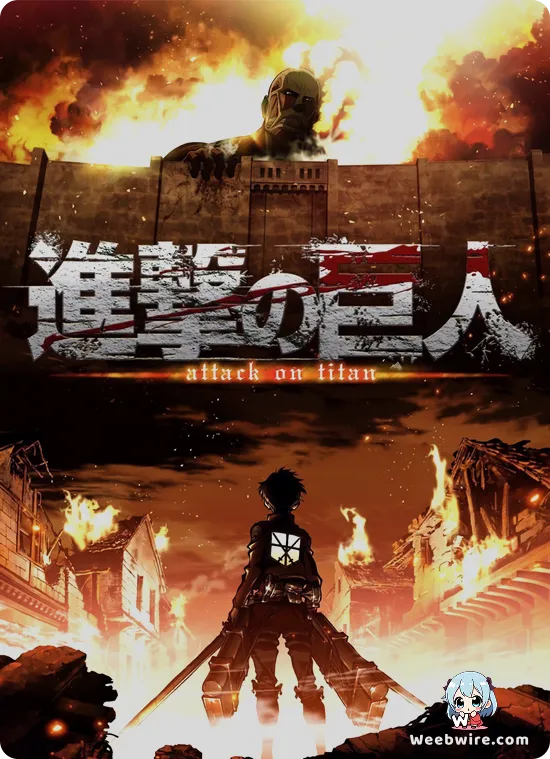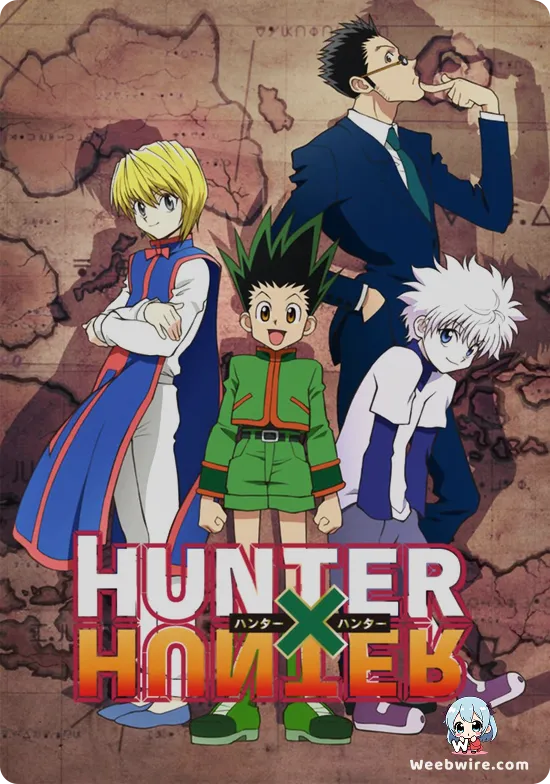

© Studio Ghibliwww.netflix.com
Overview
Prepare to be transported to a breathtaking, fantastical rendition of medieval Japan, where the very earth pulsates with ancient spirits and the metallic clang of progress threatens to silence nature's roar. Studio Ghibli's monumental 1997 film, Princess Mononoke, unfurls a gripping tale of survival, conflict, and the desperate search for harmony at the dawn of the Iron Age. Our journey begins with Ashitaka, the last prince of the Emishi tribe, who, in a valiant act of defense, incurs a deadly curse from a demonized boar god. This curse, a creeping testament to humanity's destructive impact, compels him westward into uncharted territories. There, he stumbles into an escalating war: on one side stands the pragmatic and fiercely independent Lady Eboshi, leader of the industrious Iron Town, whose relentless pursuit of iron and prosperity fuels the destruction of the primeval forest. Arrayed against her are the ancient, powerful animal gods and their human champion, San – the enigmatic, wolf-reared 'Princess Mononoke' – who fights with primal fury to protect her sacred homeland. Miyazaki masterfully crafts a narrative where good and evil are not easily defined, challenging viewers to confront the complex motivations driving each faction. Ashitaka, burdened by his curse, becomes a poignant bridge between these warring worlds, desperately seeking a path to mutual understanding rather than outright victory. The film's hand-drawn animation is a visual feast, rendering majestic forests, terrifying demons, and the raw beauty of a world on the brink. Coupled with Joe Hisaishi's hauntingly beautiful score, Princess Mononoke is more than an adventure; it's a timeless, powerful meditation on humanity's relationship with the environment, the futility of vengeance, and the enduring hope for coexistence.
Opinion
Princess Mononoke stands as an unparalleled cinematic achievement, a testament to Studio Ghibli's mastery and Hayao Miyazaki's visionary storytelling. From its opening frames, the film captivates with breathtaking hand-drawn animation, meticulously rendering every rustling leaf, every formidable beast, and every intricate detail of its fantastical feudal Japan. The dynamic action sequences are not merely spectacles but visceral expressions of the conflict, seamlessly integrating into the narrative's intense pacing. What truly elevates this masterpiece is its refusal to paint characters in simple black and white; the narrative brilliantly navigates the morally ambiguous territory where human ambition clashes with nature's fierce defense. Ashitaka's journey, fraught with the burden of his curse, serves as the heart of the story, allowing for profound character development as he strives for understanding amidst chaos. San, the titular Princess Mononoke, embodies untamed wilderness and righteous fury, while Lady Eboshi represents the complex, often destructive, march of human progress. Their motivations are deeply explored, making their conflict resonate on a profoundly human level. The voice acting, particularly in both its original Japanese and acclaimed English dubs, imbues each character with palpable emotion and gravitas, making their struggles feel incredibly real. Joe Hisaishi's iconic score is a character in itself, weaving a tapestry of haunting melodies and soaring orchestrations that perfectly amplify the film's emotional weight and epic scale. Beyond its artistic brilliance, the film’s thematic depth—exploring environmentalism, the consequences of war, and the elusive quest for coexistence—remains strikingly relevant, cementing Princess Mononoke not just as an anime classic, but as a timeless piece of global cinema.
Characters
Lady Eboshi
Voice: Yūko Tanaka (Japanese), Minnie Driver (English)
Moro
Voice: Akihiro Miwa (Japanese), Gillian Anderson (English)
Ashitaka
Voice: Yōji Matsuda (Japanese), Billy Crudup (English)
San (Princess Mononoke)
Voice: Yuriko Ishida (Japanese), Claire Danes (English)
Credits
Studio
Studio Ghibli
Cover Art
Studio Ghibli Art Department
Publisher
N/A
Producers
Studio Ghibli, Tokuma Shoten
Episodes
Season 1
1 episodesInformation
Genres
Related Anime

Fullmetal Alchemist: Brotherhood

Haikyu!!

Attack on Titan

Hunter x Hunter Story, Characters, Revival News, & Similar Anime

Gintama.: Slip Arc
